Michigan’s deposit law made sense when it began nearly half a century ago as an anti-litter law. At the time, Michigan communities didn’t offer recycling as many do today. Even as a litter prevention program, it’s showing its age- there are more deposit containers than non-deposit containers along our roads (and unfortunately so many other bigger and worse items not addressed by our deposit law). Texas, at an annual cost of less than $2 per capita, reduced its overall litter by 67% through comprehensive education, messaging, and volunteer programs. Deposit programs cannot do this because they cover only 7% of litter. Michigan’s deposit law reduced beverage litter by 88%, but had no impact on other litter.
Championing Sustainability in Michigan
Michigan’s beverage industry is also the state's premier recycling industry. One hundred percent of soft drink containers are recyclable and 87 percent are actually recycled. It costs our soft drink companies millions of dollars annually to implement this statewide, industry-financed deposit program for Michigan citizens.
Michigan’s Deposit Law: Successful at three percent at the expense of the 97 percent?
57% of PET (polyethylene terephthalate) bottles are recycled in Michigan, the third highest in the nation–one of the many reasons that deposit for other beverages isn’t needed.
Comprehensive, Community-based Recycling is the Solution
Let’s focus on getting better at recycling all materials.
Michigan’s 15% recycling rates is roughly half of our neighboring Great Lakes states. While we’re pretty good at returning containers to stores (87% average over last five years), deposit containers only represent 3% of the state’s overall waste… and we’re pretty bad at the rest. It’s time to give some thought to whether it makes sense to deprive our community recycling programs of the aluminum and plastic that are siphoned off by our deposit system.
The current Michigan deposit law on carbonated beverages costs the Michigan consumer about $200 million annually in increased beverage costs (our retail prices in Michigan are about a nickel higher per packaged beverage than in surrounding states). If the law were changed to include non-carbonated beverages, the cost to the Michigan consumer would increase by about another $180 to $190 million per year. Finally, the outcome of this $185 million cost to the Michigan public, if it were imposed through a deposit system, would at best increase our recycling rate 2%.
Getting Every Bottle Back by Giving Back to Michigan
In partnership with the Closed Loop Partners and The Recycling Partnership, Michigan’s soft drink companies are investing in recycling programs across the state–from carts to the material recovery facilities that sort the material so our bottles can be made into new containers. Investing in carts and sorting facilities makes Michigan better at recycling all materials, not just our valuable beverage containers. Here is a summary of these efforts:
- Ann Arbor: Material Recovery Facility rebuild
- Bay City: Curbside carts and supporting education
- Lansing: Capital Area Recycling Education Center
- Marquette: Curbside carts and supporting education
- Trenton: Curbside carts and supporting education
- Ypsilanti: Curbside carts and supporting education



